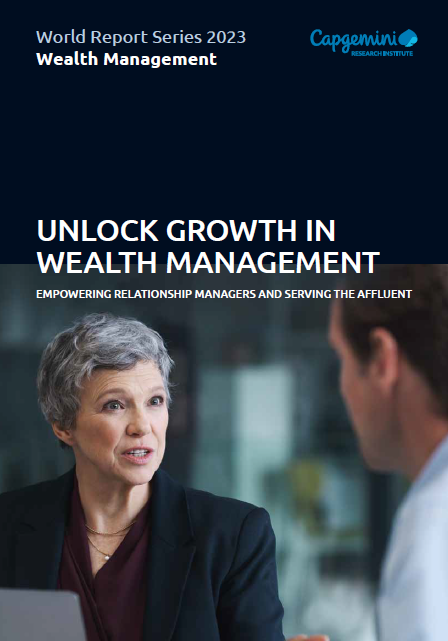What is this Report?
The report is the 27th annual world wealth report by Capgemini Research Institute. The report analyzes the state of wealth and wealth management across the world in the prior calendar year. The report focuses on High Net Worth Individuals (HNWIs) defined as individuals with assets of $1M+ and over.
What are key findings from the article?
- The global economy showed signs of slowing compared to prior years. Notably, the global economy grew 3.2% in 2022, compared to 6% in 2021. North America saw a steep decline in HNWI wealth of 7.4% and HNWI population in 6.9% but North America remains number 1 in wealth amount and total population. Asia-Pacific and Europe saw declines in both wealth and population of HNWI. Africa, Latin America, and Middle East saw growth.
Read More »Review Capgemini World Wealth Report series 2023 Wealth Management 
